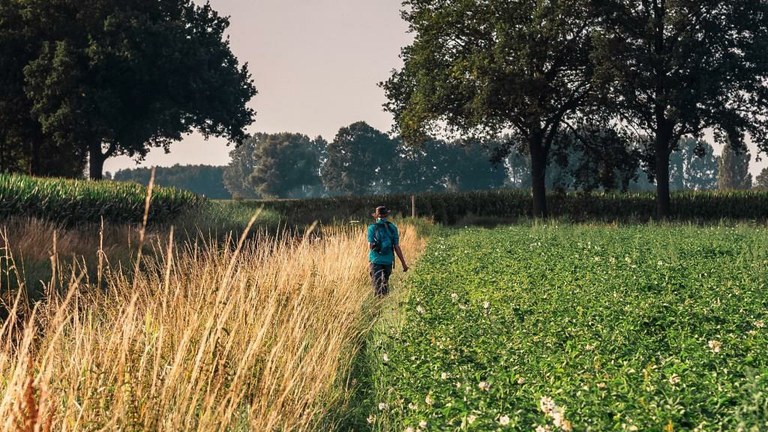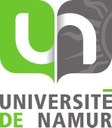
M a s t e r i n s m a r t r u r a l i t y
 Smart Rurality…the rurality of the future
Smart Rurality…the rurality of the future
This Master will enable you to work with various different experts and members of society to organise changing rural zones in a way that promotes people’s well-being and economic, social and environmental sustainability.
There are many issues at the heart of rural development - which is itself at the centre of European, national and local politics - including agricultural and forestry production, energy, environment management, mobility, rural planning, quality of life, economic diversification, sustainable tourism, rural entrepreneurship, etc.
Taking into account the advantages of the rural environment, you will analyse, manage and design rural zones to meet the challenges of the rurality of the future.
This extremely cross-cutting and interdisciplinary course will enable you to suggest innovating technology, adapt high-level research and take a multidisciplinary scientific approach to facilitate the evolution of rural areas in the context of a post-carbon economy.
Y O U R O B J E C T I V E S
By the end of your Master in Smart Rurality, you will be able to:
- identify complex problems with scientific, societal and human implications;
- identify and understand the approaches of the different disciplines involved in these problems;
- communicate with specialists and local community stakeholders;
- use and design procurement, modelling and data processing tools to develop innovations which will support participatory processes;
- work with others to build compromises with a coherent vision, geared towards action.
Y O U R P R O F I L E
You have a scientific background and you are:
- a graduate of a Bachelor in science, applied science or bioengineering, and you would like a Master with an environmental and societal orientation;
- a graduate of a Master in science, and you would like to complement your studies with an interdisciplinary approach;
- a higher education student of a ‘haute école’, wishing to specialise and find a more specific career;
- a professional with a university degree and you would like to change direction.
p r o g r a m m e
 This Master is unique in the Wallonia-Brussels Federation and draws on the scientific expertise of three universities: the University of Namur (UNamur), the Catholic University of Louvain-la-Neuve (UCL) and the University of Liège (ULiège).
This Master is unique in the Wallonia-Brussels Federation and draws on the scientific expertise of three universities: the University of Namur (UNamur), the Catholic University of Louvain-la-Neuve (UCL) and the University of Liège (ULiège).
It focuses on active teaching methods and will develop your knowledge and ability to be able to provide solutions to real and complex problems.
The Masters programme includes:
- The heart of the study programme – five courses, created especially for this Master, which provide the essential guidelines and principles: rurality, global change, socioecological systems, transition management, ethics and development;
- A portfolio of options in geography, science, economics, etc., which allow students from different backgrounds to complete and/or consolidate their Bachelors in the areas needed to achieve their goals;
- A placement of 6 weeks (full-time) or 13 weeks (part-time);
- A portfolio of themed courses related to the management of natural environments and landscapes and to elements of bioengineering and geography;
- A group project in collaboration with several players in the field of rural development;
- A professional focus.
Professional focuses
 Environmental mediation and transition:
Environmental mediation and transition:
Theoretical and practical approaches to complex environmental problems heavily involving scientific and technical issues (ecology, agronomy, energy, mobility, biodiversity, etc.) as well as social and political issues.
 Geographical issues and methods:
Geographical issues and methods:
Issues crucial to rural environments seen from a geographical perspective: globalisation, health, biodiversity and climate change.
 Territorial diagnosis and forecasting:
Territorial diagnosis and forecasting:
The detailed diagnosis and forecast analysis of European rural systems, including their positioning in spheres of influence on different spatial scales.
 Information analysis and management:
Information analysis and management:
The management of information flows in the context of rurality. Tools are studied in direct relationship with rural, agricultural and environmental themes.
New forms of agriculture and short supply chains:
The development of innovating agricultural sectors to provide goods and services in an environmentally-friendly manner to a local clientele.
|
|  |  |
|---|










